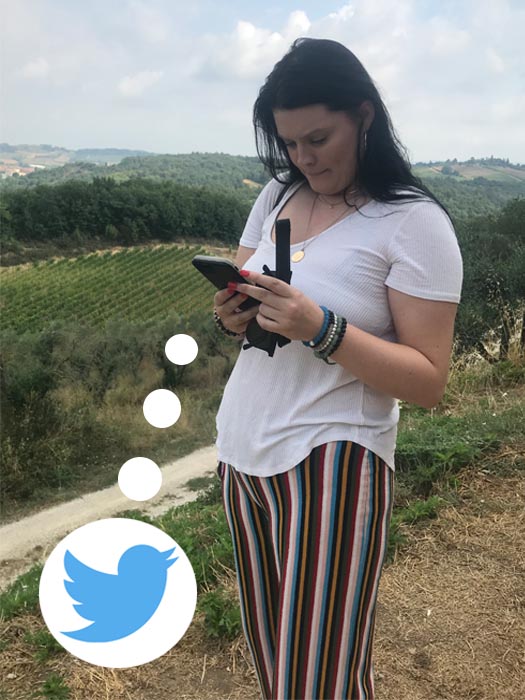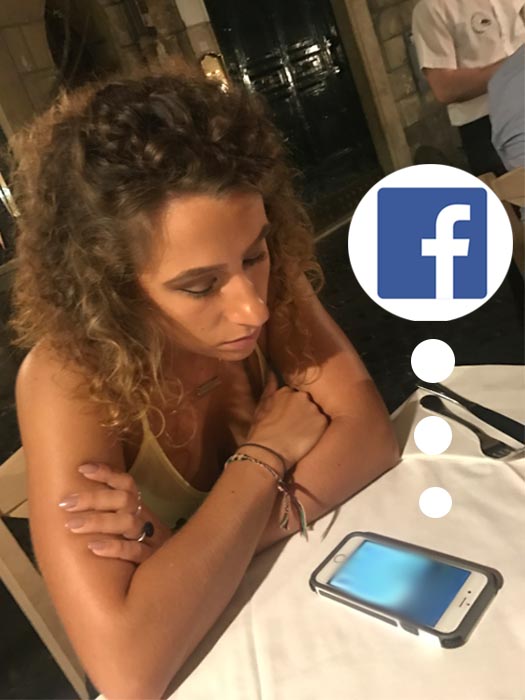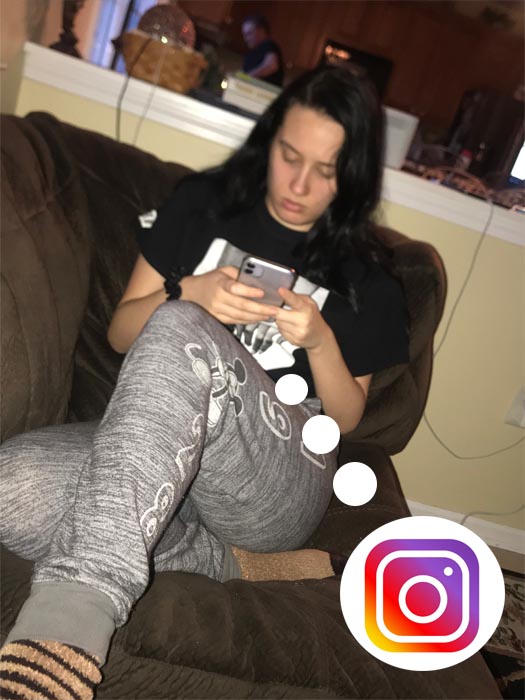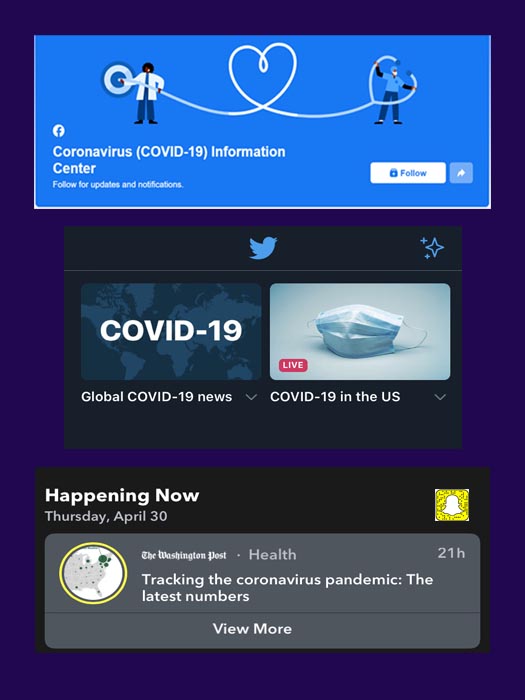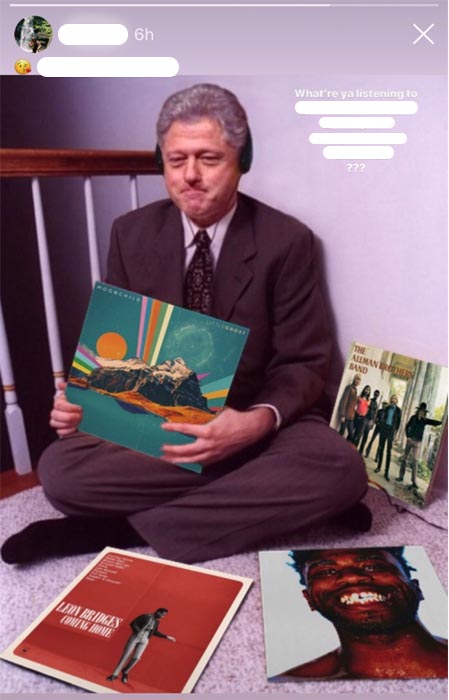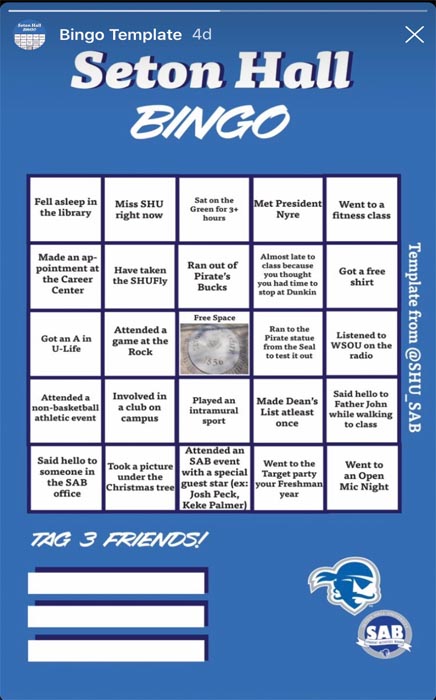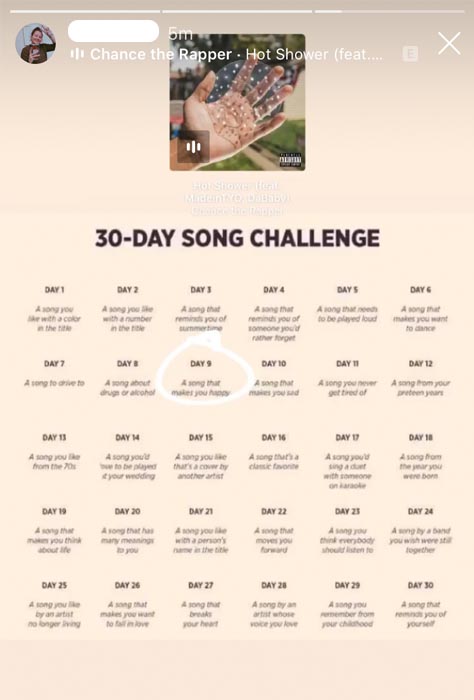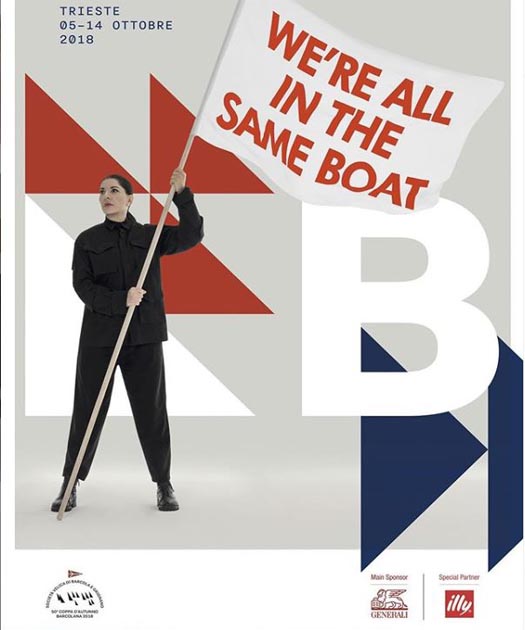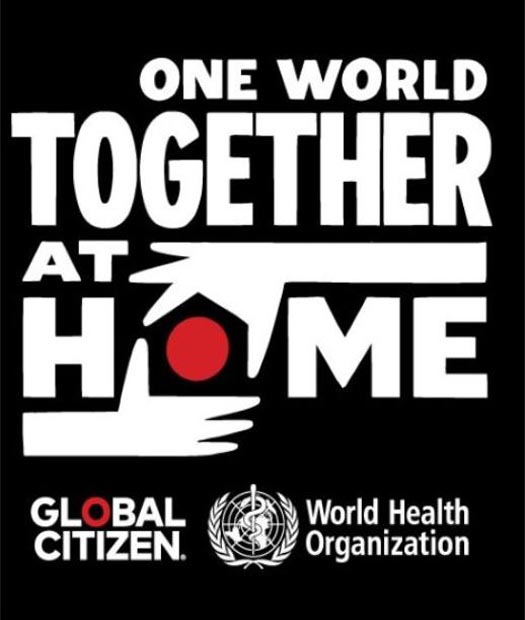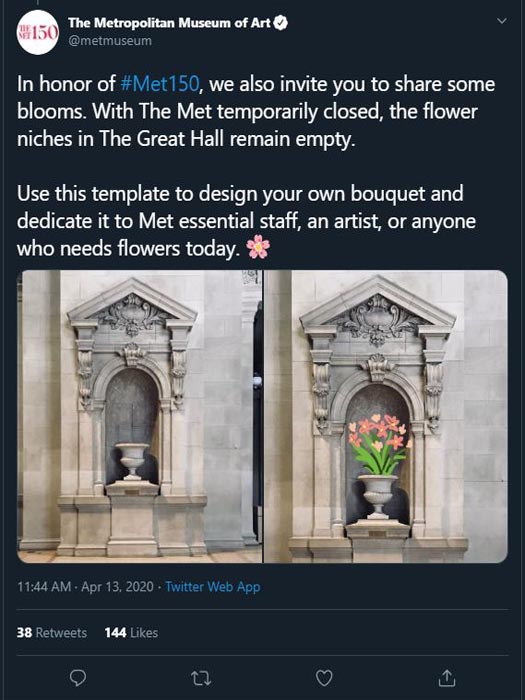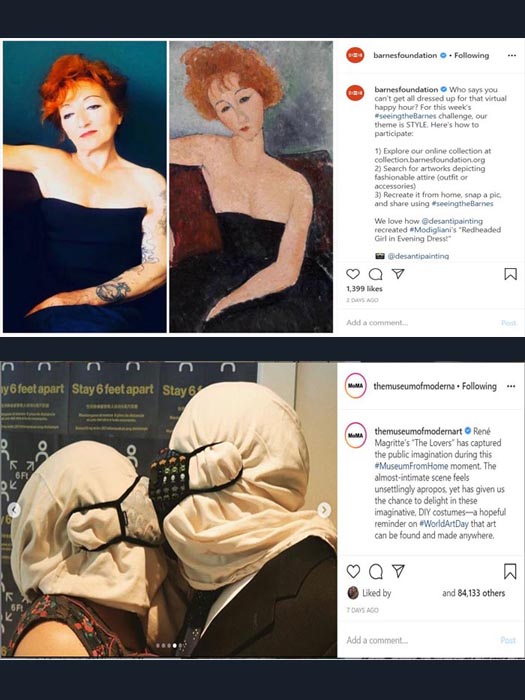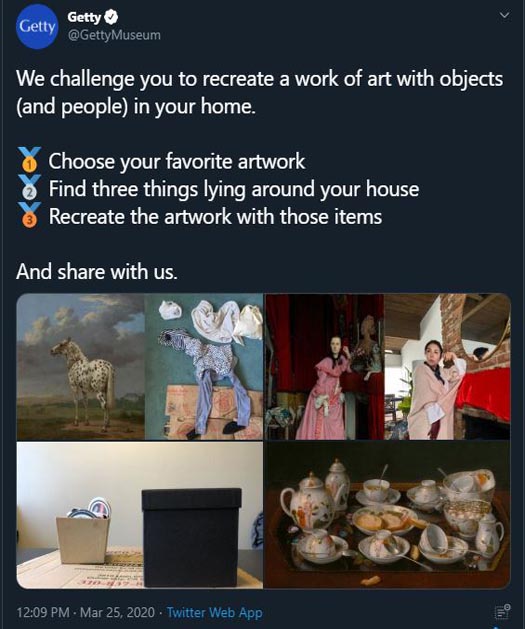How Are You Using Social Media During COVID-19?
Samantha Becker, Student Curator
Social Media As a Way of Life
We can all admit it, social media is one of the most addictive new forms of technology. In our contemporary society, it’s a way of life. Whether it be an outlet for important information, or a space for quick updates, most people collect and share information on platforms such as Twitter, Instagram, Facebook, Snapchat, Youtube, and more recently TikTok.
Right now, in the midst of the global pandemic that is COVID-19, many of us are using social media for the news, to connect with others, and to document our experiences.
Social Media and the News
62% of adults in the United States get the news from social media. (Pew)
Every popular social media outlet has a section devoted to COVID-19 updates. Although news outlets have websites, mostly all of the information is still posted on their social media pages. This makes it easy for people to have access to it. On outlets such as Twitter and Facebook, the news stories are directly linked, with the headline and a small digestible nugget of information.
Even with the amount of credible sources, there is still the spread of misinformation. On Instagram, people are selling "holistic remedies" for COVID-19. On Twitter, there are over 80 million tweets promoting different ways to "test" and "cure" COVID-19.
More than half of people who rely most on social media for political news say they have encountered made-up news about COVID-19. (Journalism.org)
Human Connection
Social media is what helps us stay connected with each other. It can be over-stimulating at times, but it keeps us laughing, smiling, reminiscing, informed, and up-to-date. On Instagram in particular, a wave of “challenges” has appeared. The basic format of the challenges is that someone posts a photo that goes along with the “challenge” theme, and then further nominates others to do the same. There are too many of these challenges to name, but some that I’ve seen so far are “Quarantine Bingo”, "Bill Clinton Top 4 Favorites," and "30-Day Music Challenge." Many aren’t worried about their personal brands anymore, as they are eager to participate and feel like they are a part of something bigger while isolated.
Along with these challenges, artists, celebrities, cultural leaders, organizations, and institutions are connecting with audiences more intimately and sincerely. The general message is that we’re all scared and trying to cope with living in this state of affairs. No one is alone.
Social Media in Museums
Museums are working to engage with public audiences during this time to help people cope with quarantine, and to provide a bit of fun!
Since the beginning of their closures, many museums have been contributing to the "Museum From Home" movement. Aspects of this movement include virtual tours of exhibitions, online educational resources, blog posts, guided tours of the galleries, coloring pages, and social media challenges.
The Getty Museum in Los Angeles presented a self named challenge ("The Getty Museum Challenge"), in which they asked people to recreate works of art from their collection with items from their homes. People used items ranging from clothing to dirty dishes to recreate some of these works, and the Getty posted a large majority of creations. At the Barnes Foundation in Philadelphia, and the Museum of Modern Art in New York, the social media accounts challenged people to also recreate their own works of art. At the Barnes, they wanted to see people portray their vast array of portraits, while the Moma highlighted works of art that represented quarantine themes. The Metropolitan Museum of Art in New York recently celebrated their 150th birthday, so they created an interactive challenge in which they presented the empty Great Hall flower niches and asked people to draw their own flowers in them. Many people engaged with this challenge, and the Met replied to most of them with praises.
The Modern Diary
10 years from now, 20 years from now, or even next year, we will look back at our social media during this time. So post with reckless abandon! Post your quarantine meals! Post your failed make-up tutorials! Post your throwbacks! Connect with people. Make people laugh. This difficult time shows us that we are all humans, and none of us are immune to the virus, or loneliness. Use social media to show how you used this time; the internet is a contemporary time capsule, and we should use it as such! Document your experiences, because one day you will look back and you will be happy that you did. Life will never be the same after this, and we won't either.
Resources
- www.pewresearch.org/internet/fact-sheet/social-media/
- www.forbes.com/sites/petersuciu/2019/10/11/more-americans-are-getting-their-news-from-social-media/#19169bac3e17
- www.forbes.com/sites/petersuciu/2020/03/31/how-social-media-could-shape-how-we-remember-the-covid-19-pandemic-in-years-to-come/#3ba330d8a463
- www.vox.com/recode/2020/3/12/21175570/coronavirus-covid-19-social-media-twitter-facebook-google
- www.journalism.org/2020/03/25/americans-who-primarily-get-news-through-social-media-are-least-likely-to-follow-covid-19-coverage-most-likely-to-report-seeing-made-up-news/
